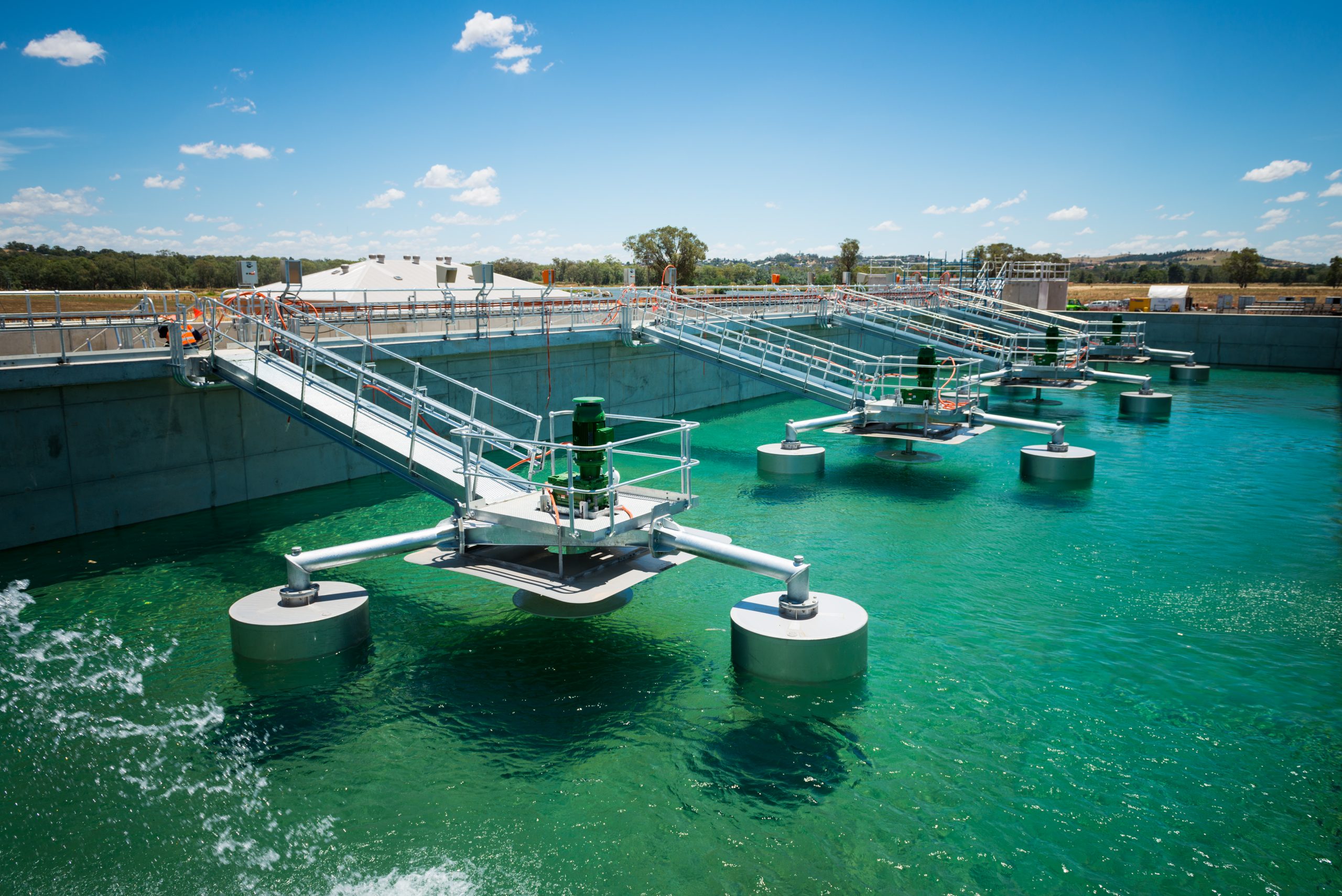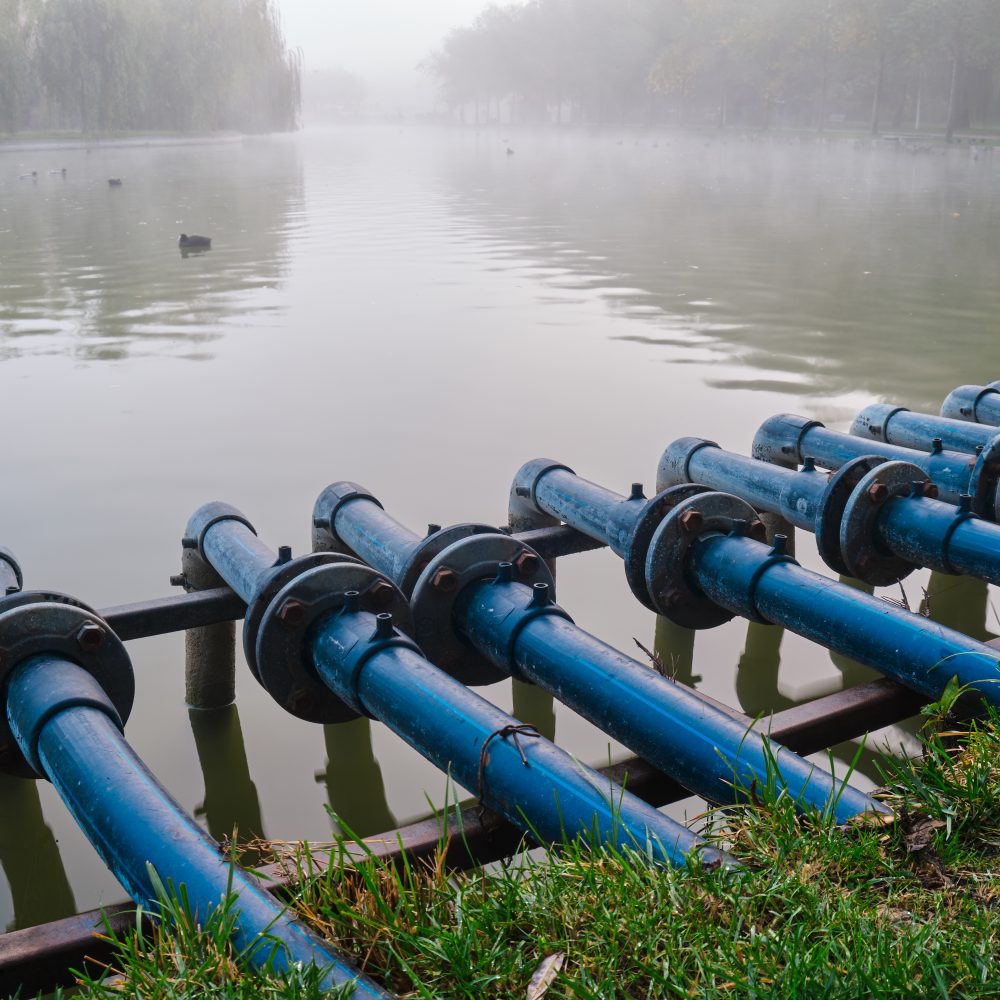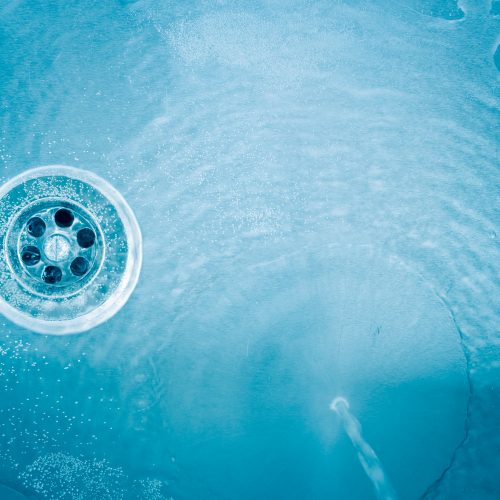Context and policy overview
In Bucharest, water losses were very high (around 50 per cent) in the 1990s and the city had low levels of fee collection because the metering system was inadequate. Relative to EU quality standards, improvements were required, and the commercial model and tariff structure in place at the time did not allow EU funds to be made available for capital investment.[1]
In 1996, following World Bank recommendations, Bucharest initated a tender process to privatise the city’s water and sanitation system. This resulted in a 25-year concession agreement between Apa Nova, a subsidiary of the French firm Vivendi (now Veolia) and the Bucharest municipality for the management of the system. In 2000, Apa Nova won the tender to manage the Bucharest water concession, including the development of the Crivina plant. The contract included operations and the provision of clean water and sanitation, while ownership of the water system remained with the municipality.
The private-sector participation approach gave control of management and investments to a private company and linked its remuneration to efficiency gains and operational performance. The municipality expected that this would lead to significant improvements in Apa Nova’s capital and operating efficiency and a higher standard of service. In addition, the municipality hoped to see expertise from international practices in management and operations transferred to Apa Nova’s local staff.[2]
Implementation
In one of the first PPPs in the local water sector, the private contractor was selected through international competitive tendering organised by the municipality of Bucharest, with the support of the International Finance Corporation (IFC). The agreement provided a 25-year contract for Apa Nova to deliver US$ 1 billion worth of investments in existing and new treatment plants and in network renewal.[3]
The contract included targets for key performance indicators in relation to water quality, completion of new infrastructure and customer service. Although the contractor had operational control over the network and the authority to deploy resources to meet these KPIs, the municipality retained ownership of the infrastructure and the power to veto certain decisions.
The agreement helped create a source of capital to support an upgrade and extension of the Bucharest water system. The partnership agreement required the private partner to provide financial resources to upgrade the system, and part of the project included the upgrading of the Crivina plant. The Crivina project had already started 10 years earlier, but the municipality lacked the financial resources and expertise to complete it. To finance the project, Apa Nova and the city of Bucharest applied for an EBRD loan which offered better terms than other commercial sources of capital.
This PPP model offers a degree of stability and riskand profit-sharing. In 2000, the PPP environment in Romania was uncertain and the classical nature of the model used in Bucharest may therefore have been beneficial to the city.[4]
Results and lessons learned
The PPP contract was beneficial to both parties. Bucharest was able attract financial resources to upgrade and improve the quality of its water system and accessed the necessary expertise to do this. Meanwhile, Apa Nova also benefited, with profits of €24 million in 2006.[5]
Overall, the project improved the city’s water distribution network and saw the completion of the Crivina potable water treatment plant on the outskirts of Bucharest.
Key metrics for the period 2002-06 included:
- a 44 per cent reduction in losses
- a 50 per cent decrease in demand
- a 21 per cent increase in customer satisfaction (from 46 per cent to 67 per cent).
Moreover, the competitive nature of the contract, its 25-year duration and the controlled pricing mean that as a result of this concession, consumers in Bucharest have one of the lowest tariffs for water and sanitation in Europe.














